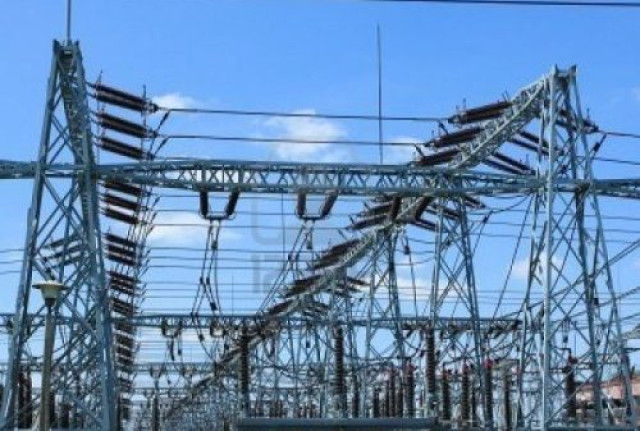The Federal Government may spend approximately N188.25 billion annually to subsidise electricity supply for about 75 public tertiary hospitals and 300 educational institutions across the country.
This follows the Federal Government’s approval of a 50 per cent subsidy for electricity consumed in public hospitals and tertiary education institutions nationwide.
In April, the Nigerian Electricity Regulatory Commission (NERC) announced an increase in electricity tariff paid by Band A customers from N68/KWh to N225/KWh, which was a 300 per cent increment.
Band A customers enjoy electricity supply for at least 20 hours per day. Most public tertiary hospitals and education institutions in Nigeria are under this band.
However, many of those institutions have cried out over soaring electricity bills following the new policy.
After a report on the excruciating effects of these unaffordable bills, the Federal Government, on Thursday, approved a 50 per cent subsidy for the electricity consumed in hospitals and institutions of higher learning.
The decision follows a promise by the Minister of Power, Adebayo Adelabu, that the Federal Government would subsidise electricity in hospitals and government-owned tertiary institutions, even if they are on Band A feeders.
The minister while making the announcement recently in Ibadan said the government would not subsidise private businesses operating in these hospitals.
He disclosed that the government was aware that hospitals and universities were having challenges paying the bills.
However, he said the Federal Government was planning to meter all businesses running in each of the institutions to prevent paying subsidies to private businesses.
The Ministry of Power has yet to give details of the subsidy arrangement for the institutions.
The Minister of State for Health and Social Welfare, Dr Tunji Alausa, announced on Thursday that the Federal Government had approved the 50 per cent electricity subsidy for public hospitals.
According to Alausa, the gesture aims to reduce the running costs for public hospitals and alleviate the impact on patients.
Alausa stated this at the National Neo-Psychiatric Hospital in Barnawa, Kaduna, while unveiling the Electronic Health Records and Alternative Power Supply at the Lawal Jafaru Isah Emergency Complex.
Rocketparrotnews gathered that the 75 tertiary health institutions that will benefit from this gesture, include federal medical centres and teaching hospitals owned by the federal and state governments.
Findings indicated that the Federal Government would spend about N50m to augment the electricity bills of each of these hospitals, which translates to N3.75bn in a month and N45bn in 12 months.
For the education institutions; the public universities in the country numbering 125, polytechnics 94, and colleges of education 81, the FG is likely to commit approximately N11.94bn monthly and N143.25bn annually as subsidy.
Recall that in July 2023, Chairman of the Committee of Chief Medical Directors of Federal Tertiary Institutions, Prof. Emem Bassey, stated that each tertiary hospital in the country spent an estimated N30m monthly on power supply from the national grid and an additional N40m on diesel for backup power.
Bassey noted, "A few hospitals are connected to the national grid, but even those are charged at maximum demand rates, which are quite high.
“Hospitals like the University College Hospital, Ibadan, end up spending about N70m on power monthly, while an average hospital connected to the national grid spends between N30m and N40m monthly.”
In April, the UCH in Ibadan was disconnected by the Ibadan Electricity Distribution Company over unpaid N450m debt.
Last month, the management of the College of Medicine of the University of Lagos and the Lagos State University Teaching Hospital lamented what they described as an outrageous electricity bill from the Eko Electricity Distribution Company.
The healthcare institutions said they were jointly presented with a bill of about N280m for May instead of the less than N100m they used to pay.
For 10 days, the electricity supply to the two health institutions was disconnected, leading to a protest by medical students.
The President of the Nigerian Medical Association, Prof. Bala Audu, said the move by the government to subsidise the electricity consumed in hospitals across the nation was commendable.
He, however, stated that the government should also consider subsidising electricity for private hospitals.
He stated, “This was one of the things we discussed in our just concluded national executive council meeting. This should not be just for the public sector but also for the private sector.
“The private sector is treating a lot of patients. So, they should be considered as well.”




















